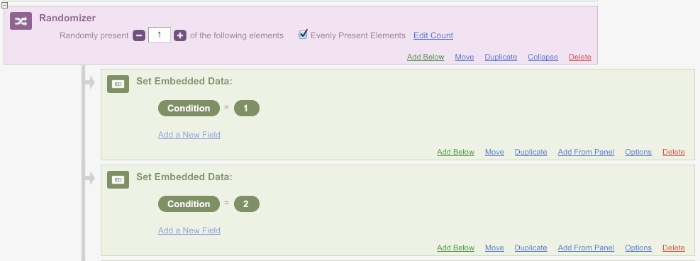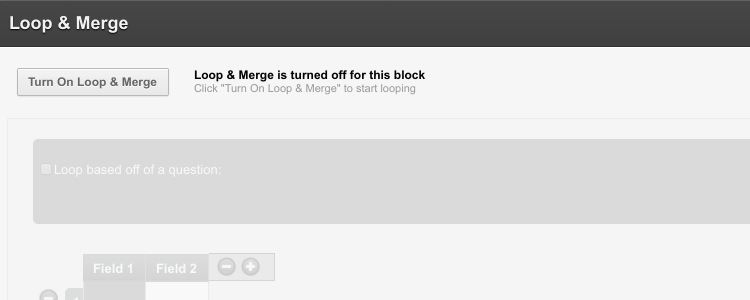Using Time in Qualtrics Studies
Qualtrics enables us to make use of time information in many different ways There are many ways in which time is an important factor in running research studies. Qualtrics enables us to make use of time information in many different ways, and this post outlines some of the uses of time information what you might … Read more




